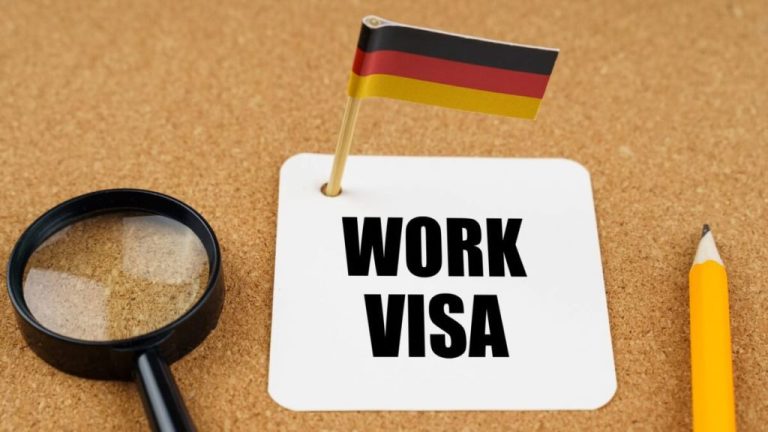Germany is set to enact a series of revamped employment and recognition rules, slated to come into effect in March 2024. The revisions, designed to streamline pathways for foreign professionals and bolster labor market participation, represent a significant shift in the country’s approach to immigration and integration.
Among the key changes is the extension of residence permits for individuals undergoing qualification measures, allowing for greater flexibility and an expanded timeframe of up to three years. Moreover, the permissible secondary employment hours during qualification measures will double, easing the transition for prospective skilled workers into the labor market.
Under the new Skilled Immigration Act, two novel access routes will be introduced, including entry and employment under a recognition partnership. This initiative aims to facilitate the recognition of foreign qualifications by granting residence titles for qualified employment and streamlining the recognition procedure post-entry.
In a bid to broaden employment opportunities, Germany will expand provisions for practical professional knowledge, encompassing all non-regulated professions across sectors. Additionally, access to the labor market for IT specialists will be simplified, with reduced professional experience requirements and the elimination of language proficiency prerequisites for visa purposes.
Furthermore, the revised regulations will introduce facilitated family reunification measures for skilled workers, eliminating certain requirements such as proof of sufficient living space for spouses and minor children.
The changes also extend to students and trainees, with expanded employment opportunities for international students and enhanced prospects for those seeking vocational training in Germany.
In a bid to address short-term labor needs, a new provision for short-term quota employment will be introduced, offering opportunities for third-country nationals to secure temporary employment in certain economic sectors.
Looking ahead, further amendments are slated for June 2024, including the introduction of a job search opportunity card and the extension of the Western Balkans Regulation, offering nationals of select countries access to the German labor market.
These reforms underscore Germany’s commitment to attracting and retaining skilled talent while fostering diversity and inclusion in the workforce. As the country positions itself as a global hub for talent and innovation, these updated regulations signal a concerted effort to adapt to evolving labor market dynamics and capitalize on the benefits of skilled migration.




